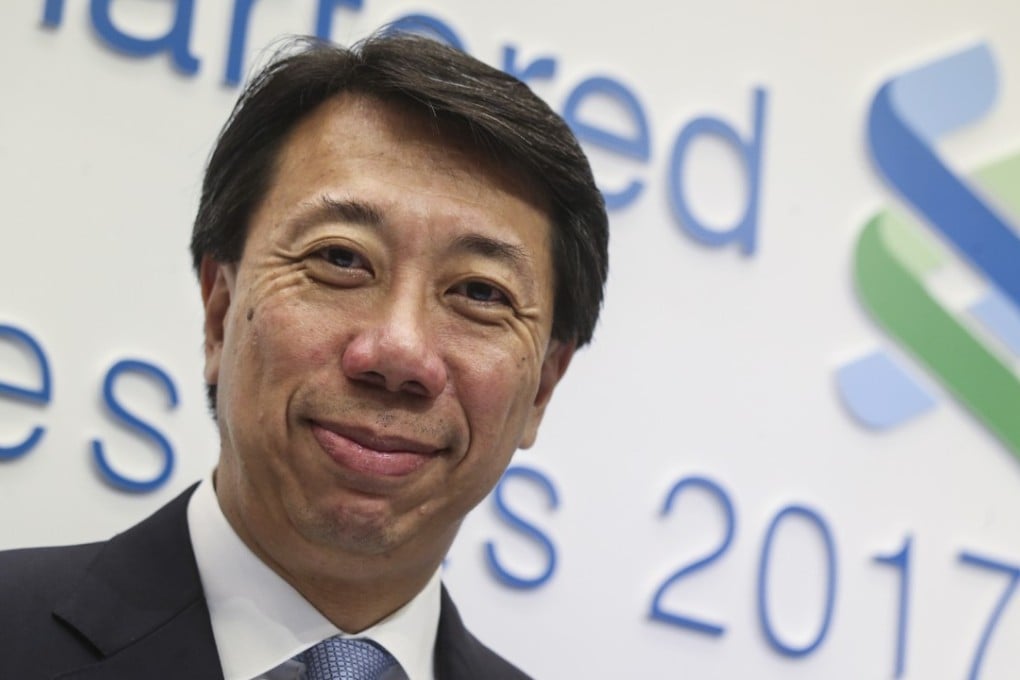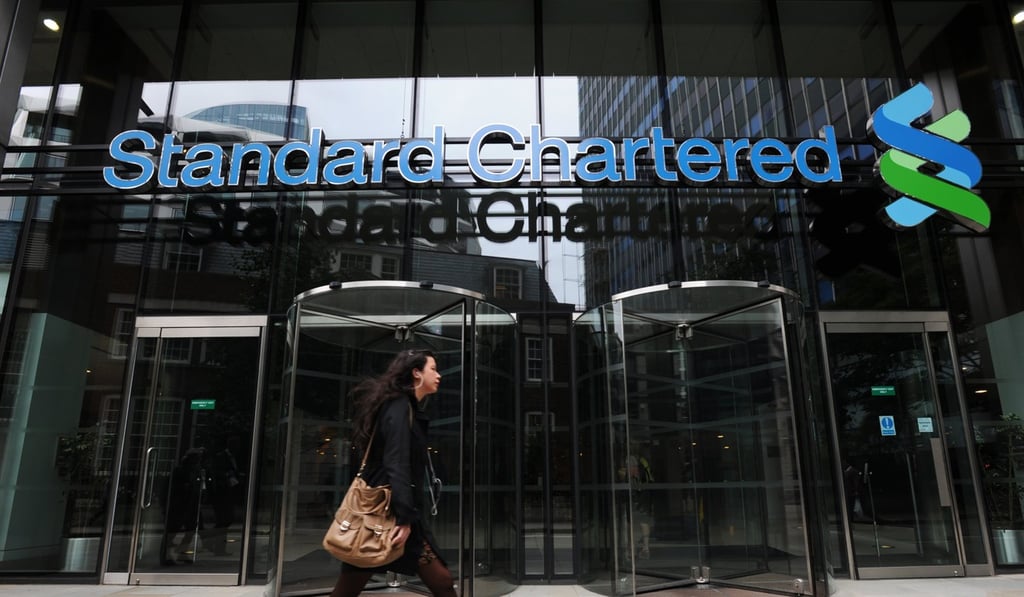Update | No interim dividend from Standard Chartered despite 93pc rise in profits
Lender posts interim pre-tax profits of US$1.919 billion, up from US$994 million in the first half of 2016

Standard Chartered Bank disappointed investors on Wednesday by not announcing a dividend with its 2017 interim results, despite boosting underlying pre-tax profits by 93 per cent.
The bank’s shares plunged by 7.5 per cent in London in early morning trading following the announcement, which came after the market had closed in Hong Kong.
“We suspect investors will be disappointed with a lack of quarter loan growth and lukewarm commentary on capital return,” said banking analysts at Jefferies in a note, although they did describe the figures as “a reasonable first half set of results”.

Standard Chartered posted pre-tax profits of US$1.919 billion, up from US$994 million in the first half of 2016, beating the US$1.49 billion estimate by a Thomson Reuters poll of analysts.
The better-than-expected performance was due to lower-than-expected impairments, said the Jefferies analysts who have an underperform rating on the stock.